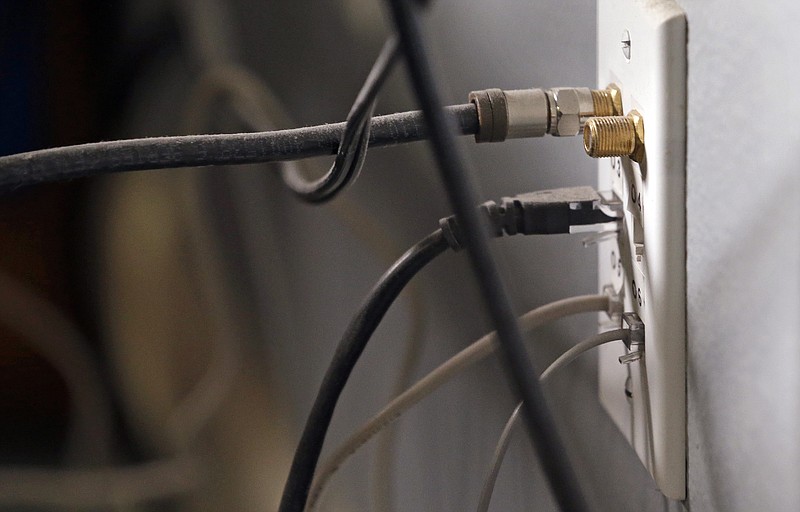NASHVILLE - A rural county northwest of Knoxville could serve as a model for how grant money can be leveraged to spur much-needed infrastructure investments such as high-speed Internet.
Scott County, located 60 miles northwest of Knoxville, is classified by the state as economically distressed, but its local cooperative now has some of the fastest internet services in the nation, The Tennessean reported.
Recent local upgrades that include 2,700 miles of fiber installation stem from a $67 million federal grant awarded to Highland Telephone Cooperative in 2010, part of the 2009 American Recovery and Reinvestment Act.
With the fiber access, schools can offer distance learning, businesses can easily connect with customers and students can take courses online.
While cost and internet education remain hurdles for many residents, adoption rates have climbed to 60 percent and nearly all businesses have signed up.
Brandon Anderson, a radiology technician at a clinic in Scott County, said the benefits of fiber internet are greatest when it comes to transferring health care data.
"With big packets of information, doing it from facility to facility was a lot harder, nowhere near as quick as it is today," Anderson said. "If you were sending big packets of information, there was no guarantee the information would make it there, or if the information was going to be corrupt when it got there, because there was such a long time."
The upgrades would not have been possible without the help of the federal grant, said Mark Patterson, Highland's CEO and general manager.
Gov. Bill Haslam has created a group within his administration to study how to improve rural broadband access across the state.
